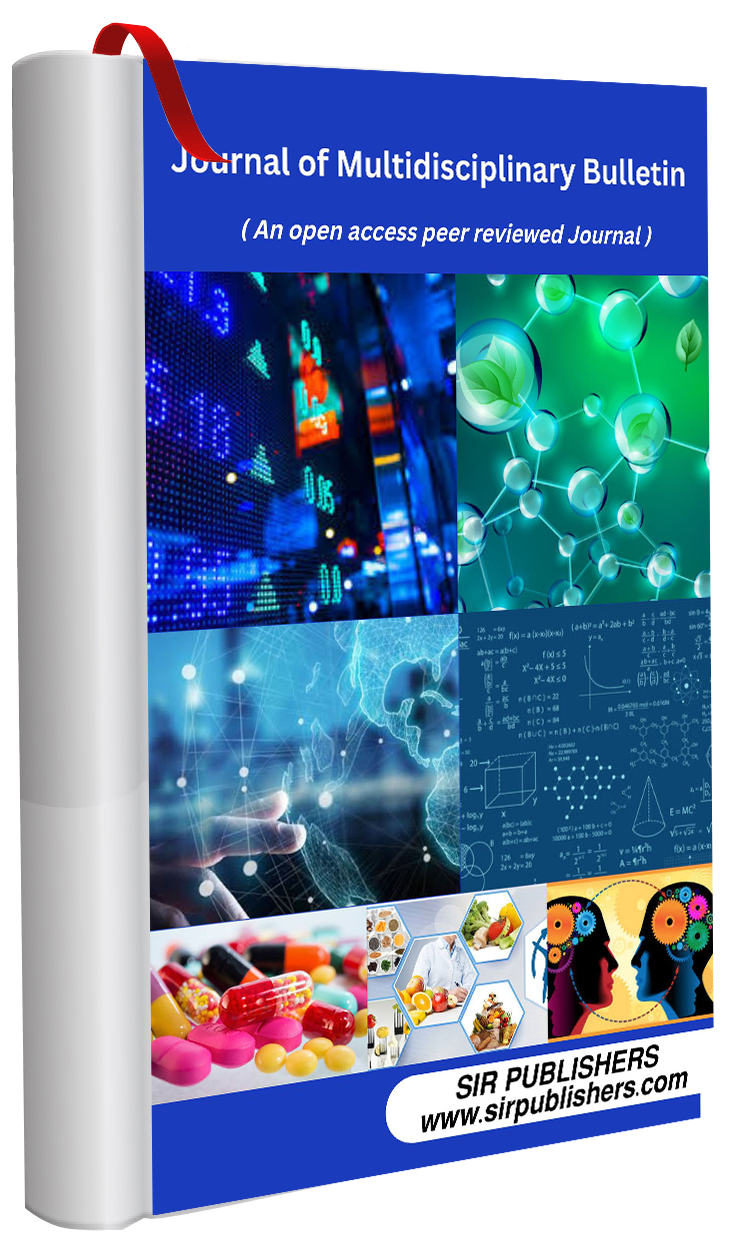HALLAQ’S RESEARCH ON ISLAMIC LAW AND ITS SIGNIFICANCE
Abstract
This article is dedicated to the scientific research of Wael Hallaq, a renowned scholar in the field of Islamic law, and its theoretical and practical significance. Hallaq's research plays a crucial role in studying the history of the formation of Islamic jurisprudence (fiqh), its stages of development, and its state in the modern era. His works, such as "Islamic Law: Past and Present", examine the theoretical foundations of Sharia law, the process of issuing fatwas, as well as the distinctions between traditional and contemporary Islamic law. This article highlights Hallaq's profound contributions to understanding the dynamic interplay between historical Islamic legal traditions and their modern applications, offering insights into the broader legal systems and cultural contexts of Muslim societies.
References
Wael B. Hallaq The Origins and Evolution of Islamic Law (Cambridge University Press, 2005).
Wael B. Hallaq Shari'a: Theory, Practice, Transformations (Cambridge University Press, 2009).
Wael B. Hallaq An Introduction to Islamic Law (Cambridge University Press, 2009).
Norman Calder, Studies in Early Islamic Jurisprudence (Oxford: Oxford University Press, 1993), 88.
Baber Johansen, Contingency in a Sacred Law: Legal and Ethical Norms in the Muslim Fiqh (Leiden: Brill Academic Publishers, 1999) 23.
Harald Motzki, The Origins of Islamic Jurisprudence: Meccan Fiqh Before the Classical Schools (Leiden: Brill, 2002), 76.









